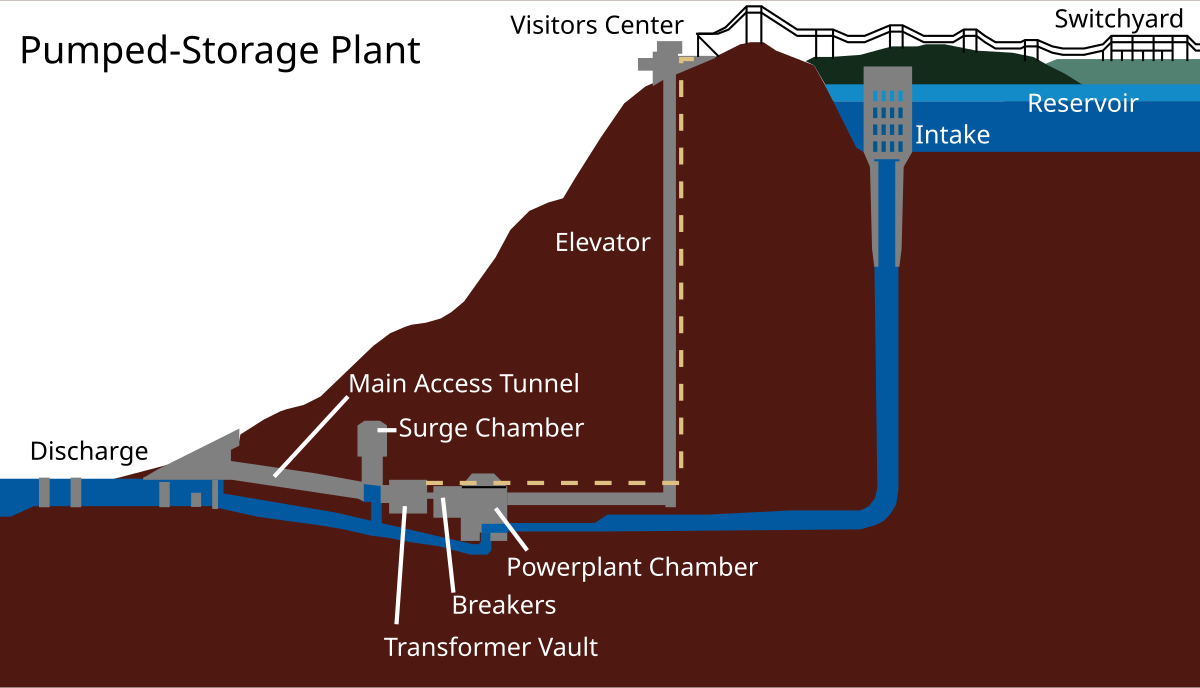Hay Dude
Epic Contributor
- Joined
- Aug 28, 2012
- Messages
- 25,363
- Location
- A Hay Field along the PA/DE border
- Tractor
- Challenger MT655E, Massey Ferguson 7495, Challenger MT555D, Challenger MT535B Krone 4x4 XC baler, 2-Kubota ZD1211’s, 2020 Ram 5500 Cummins 4x4, IH 7500 4x4 dump truck, Kaufman 35’ tandem 19 ton trailer, Deere CX-15, Pottinger Hay mower, NH wheel rak
Well said. I agree that these forms of energy production should be compared in an unbiased, unemotional way. They should reveal environmental impact the same way. Then cost to the end user should be weighed in. Also the impact to humans in terms of safety.But we can agree that none of them are clean, non-impactful, producers correct?
What are the categories that would have to be considered for ‘overall impact?’
Human impacts
Mining impacts
Drilling impacts
Seismic impacts
Air quality impacts
Waterway impacts
Animal impacts
Atmospheric impacts
Local impacts
City impacts
Rural impacts
International impacts
Economic impacts
‘Relationship’ impacts
All of the producing means I listed fit in every category. Nothing has zero impact. Each would ‘score’ differently in every category. How would you weight each category and it’s impact?
I’m all for ‘clean coal’ over coal burning from 50yrs ago.
I’m all for nukes over just about any fossil fuel
I don’t have much issue with solar, works well for me, but not for many.
Don’t particularly like wind, the technology or the aesthetic.
Hydro seems pretty clean, but what about that river ecosystem it wiped out? (I love the water, so I’m all about the lake, very pro hydro for this reason!also, living in Texas I’m glad to have water in the tap, without damned reservoirs, that isn’t going to happen)
These are all personal opinions. I could score and weight, but it would fit my opinion.
Researchers will be influenced the same.
Politicians would also be influenced to support a narrative.
I’ve never seen an unbiased study that compared ALL of the impacts for each.
Some lean on water quality, some on CO2, some on other emissions (air, water, waste) some on birth defects, some on life expectancy, some on ozone, some on deforestation, some on marine life, some on labor. Of course most ‘studies’ are internet memes or media headlines.
Everyone’s argument on here is based upon limited knowledge or experience on a particular subject (or headline), but like me, ultimately is just an opinion of matters not founded on 100% fact.
In short, I find it interesting how folks can be so certain of their viewpoint with a guaranteed shortened view of reality.
There’s too much intentional BS out there to make informed solutions.
Last edited:
 also, living in Texas I’m glad to have water in the tap, without damned reservoirs, that isn’t going to happen)
also, living in Texas I’m glad to have water in the tap, without damned reservoirs, that isn’t going to happen)

